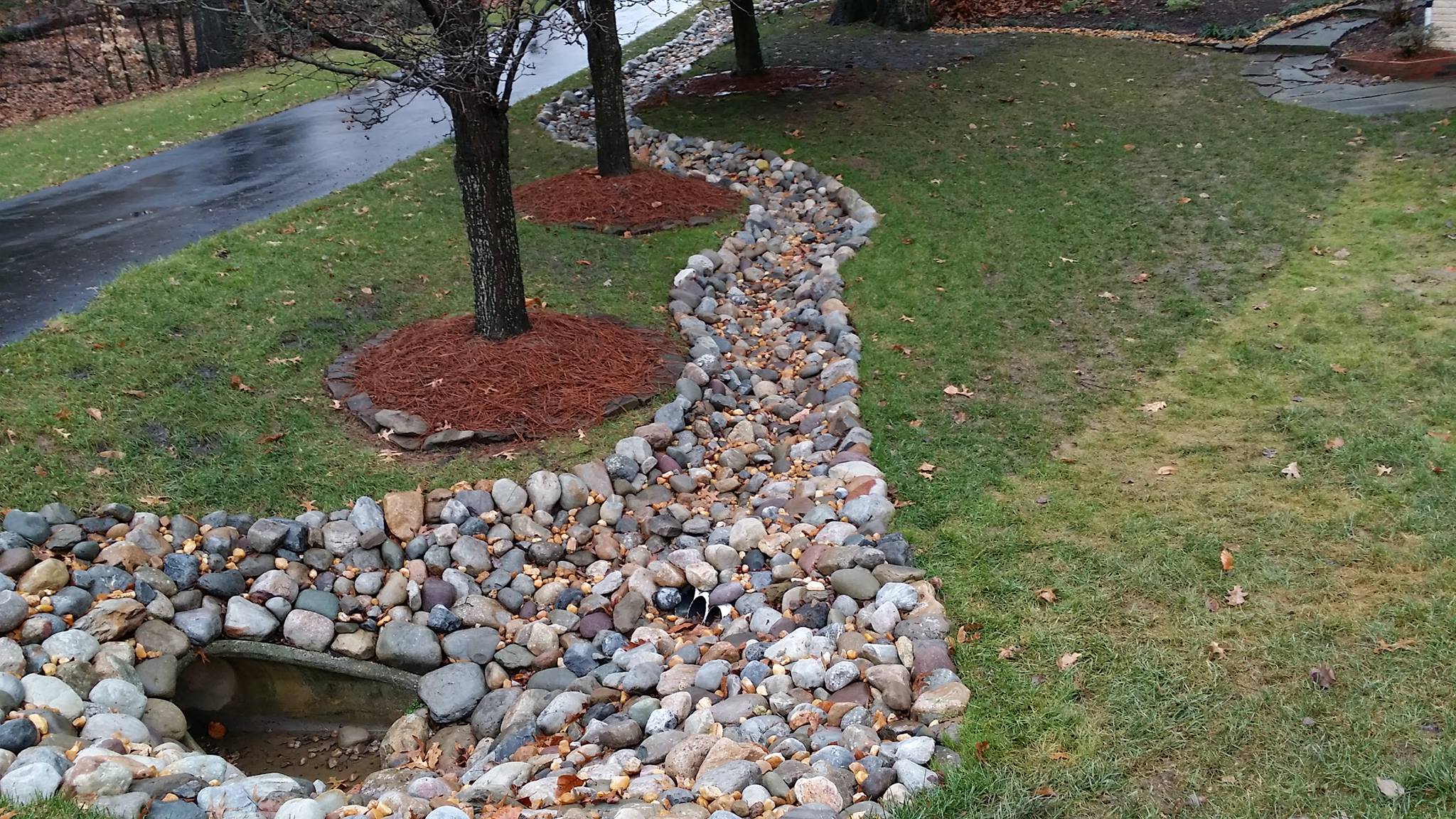Blocked drains can be a homeowner's worst nightmare, often leading to unpleasant odors, water damage, and costly repairs. Many people are quick to reach for a plunger or chemical cleaners, believing these quick fixes will solve the problem. However, there are numerous myths surrounding drainage services that can lead to frustration and inadequate solutions. Understanding the distinct needs of your drainage system is essential for effective maintenance and repair.
In this article, we will explore common misconceptions about drainage services and provide valuable insights into the best practices for keeping your plumbing in top shape. By debunking these myths and understanding the essentials of proper drainage care, you will be better equipped to tackle any issues that arise, ensuring a clean and efficient system in your home. Join us as we delve into the world of drainage services , transforming the way you think about and handle these crucial systems.
Understanding Drainage Systems
Drainage systems are essential for managing the flow of water in both urban and rural environments. They are designed to efficiently remove excess water from surfaces to prevent flooding and property damage. Understanding how these systems work is crucial for homeowners and property managers alike. By grasping the basics of drainage, individuals can make informed decisions about maintenance and improvements.
There are various types of drainage systems, including surface drainage and subsurface drainage. Surface drainage systems use channels and ditches to direct water away from buildings and landscaped areas, while subsurface systems involve pipes and drains buried underground to collect and redirect groundwater. Each system serves a specific purpose and is tailored to the unique needs of the surrounding environment, making it important to identify which type is appropriate for a given situation.
Proper maintenance of drainage systems is vital to ensure their effectiveness. Regular inspections can reveal blockages or damage that may lead to failures, such as water pooling or erosion. Homeowners can benefit from understanding common issues, like clogs caused by debris or improper grading, enabling them to take proactive measures. Engaging professional drainage services can enhance the longevity and functionality of these systems, providing peace of mind during heavy rain events.
Common Myths About Drainage
Many homeowners believe that all drainage issues can be resolved with DIY methods alone. While some minor clogs may be successfully handled with home remedies, more complex drainage problems require professional intervention. Ignoring persistent issues can lead to more significant damage and costly repairs. It’s essential to recognize when a situation is beyond a simple fix and to call in experts with the right tools and knowledge.
Another widespread misconception is that drainage services are primarily for emergencies. In reality, regular maintenance is just as important. Scheduling routine inspections can help identify potential problems before they escalate. This proactive approach can save homeowners time and money by preventing emergency situations caused by neglected drains.

Lastly, many assume that drainage services only focus on clearing blockages. While unclogging drains is a crucial aspect, professionals also assess the entire drainage system. This includes inspecting for signs of wear, identifying potential risks, and recommending improvements. Understanding that drainage services encompass a broader range of solutions can empower homeowners to take better care of their plumbing systems.
Essential Maintenance Tips
Proper maintenance is key to preventing drainage issues before they arise. Regular inspections of your drainage system can help identify potential problems early. It is important to keep an eye on the condition of your pipes and any visible drainage channels. Look for signs of wear, leaks, or blockages. By addressing these issues promptly, you can avoid more extensive repairs and costly service calls later on.
Another essential maintenance tip is to be mindful of what goes down your drains. Avoid disposing of grease, large food scraps, hair, and other debris that can easily lead to clogs. Installing strainers or screens in sinks and shower drains can minimize the accumulation of unwanted materials. Additionally, regularly flushing your drains with hot water can help break down any build-up and keep the flow clear.
Lastly, consider scheduling routine professional drainage services. Experts can perform deep cleaning and maintenance that goes beyond what is achievable through DIY methods. They can utilize specialized tools and techniques to clear stubborn blockages and ensure your drainage system is functioning optimally. By being proactive and enlisting professional help, you can significantly extend the life of your drainage system and maintain a smooth flow.
